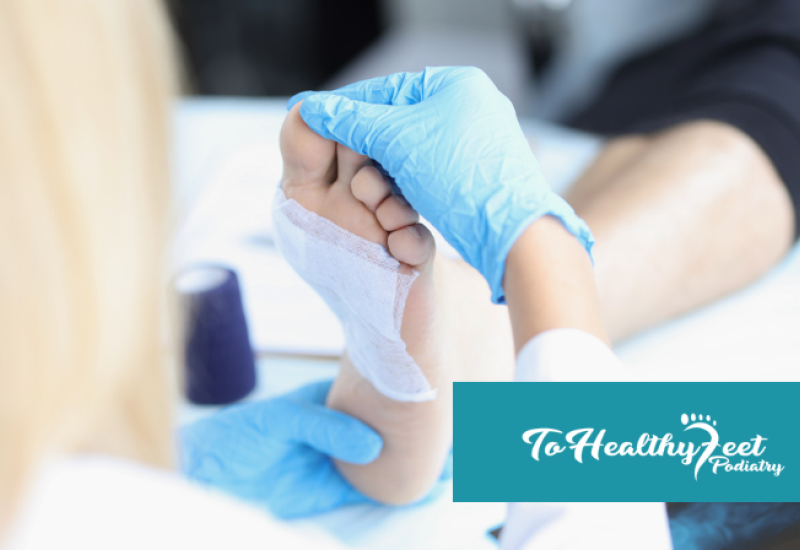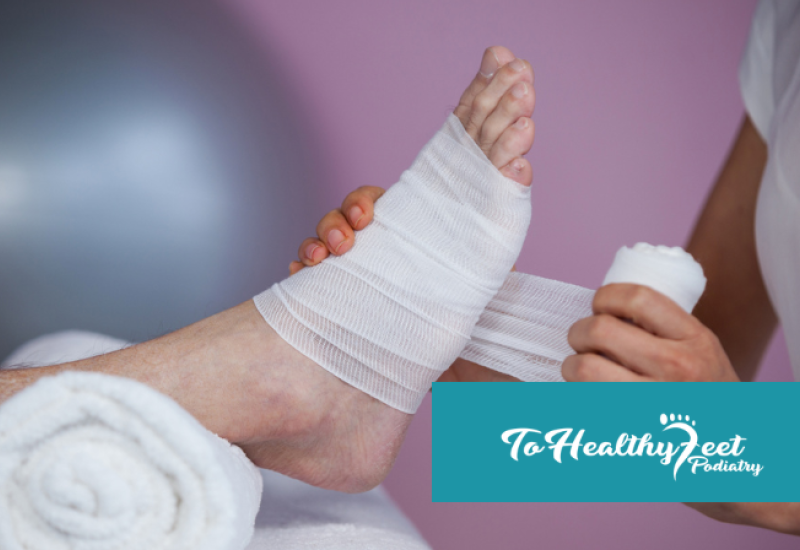Suffering from a foot fracture can be a significant setback, impacting not just your mobility but your overall lifestyle. The journey to recovery requires patience, resilience, and a proactive approach to rehabilitation. This comprehensive guide aims to illuminate the path to recovery, offering insights into timelines, effective rehabilitation exercises, and vital tips to accelerate healing. Understanding the nuances of this process can empower you to take charge of your recovery and return to your daily activities with confidence.
Recovering from a foot fracture is a unique journey for each individual, encompassing not just the physical healing of the bone but also regaining strength, mobility, and confidence in the affected foot. By adhering closely to medical advice and embracing a comprehensive rehabilitation plan, you can navigate the recovery process more smoothly and effectively. This guide serves as a roadmap, providing essential knowledge and practical tips to support your recovery journey.
Understanding the Recovery Timeline
The healing process for a foot fracture varies depending on the severity of the fracture, the specific bones involved, and the treatment method (whether surgical or non-surgical). Generally, the initial healing phase, where the bone starts to knit together, can take 6 to 8 weeks. However, complete healing and regaining full functionality may extend up to several months. Recognizing that recovery is a gradual process will help you set realistic expectations and milestones along the way.
The Role of Rehabilitation Exercises
Rehabilitation exercises are crucial for restoring strength and flexibility to your foot. Initially, your healthcare provider may recommend gentle range-of-motion exercises to prevent stiffness. As healing progresses, more strenuous exercises designed to strengthen the muscles around your foot and improve balance will be introduced. Adhering to a tailored exercise regimen, under the guidance of a physical therapist, can significantly enhance recovery outcomes and reduce the risk of future injuries.
Tips for a Quicker Recovery
Several strategies can promote bone healing and overall recovery:
- Nutrition: A balanced diet rich in calcium, vitamin D, and protein supports bone health and repair.
- Hydration: Staying well-hydrated is essential for optimal healing.
- Smoking Cessation: Smoking can delay bone healing; quitting or reducing smoking can improve recovery speed.
- Elevation and Rest: Proper rest and elevating your foot can reduce swelling and pain, especially in the early stages of recovery.
Incorporating these practices into your daily routine can bolster your body’s natural healing processes and contribute to a swifter recovery.
The Importance of Following Healthcare Provider's Advice
Navigating the recovery from a foot fracture is a collaborative effort between you and your healthcare team. It's crucial to attend all scheduled appointments, adhere to treatment recommendations, and communicate openly about any concerns or symptoms you experience during recovery. Adjustments to your treatment plan, including changes in rehabilitation exercises or the use of supportive devices such as braces or orthotics, may be necessary based on your progress and feedback.
Recovering from a foot fracture is a journey that demands patience, dedication, and a proactive approach to rehabilitation. By understanding the recovery timeline, actively participating in prescribed rehabilitation exercises, incorporating healthy lifestyle habits, and closely following your healthcare provider's advice, you can navigate the path to recovery more effectively. Remember, each step taken towards rehabilitation, no matter how small, is a step towards regaining your mobility and quality of life. With the right support and resources, you can overcome the challenges of a foot fracture and emerge stronger on the other side.
Written on behalf of To Healthy Feet Podiatry.
FAQs:
Q: Why is it important to follow my healthcare provider's advice?
A: Close adherence ensures a tailored recovery plan is effective and adjusts treatment based on your progress and feedback.
Q: Can I walk on a fractured foot during recovery?
A: This depends on the fracture's severity and the doctor's advice; initially, weight-bearing may be restricted to promote healing.
Q: What are the signs that my foot fracture is not healing properly?
A: Persistent pain, swelling, or difficulty in moving the foot after several weeks may indicate improper healing, requiring medical attention.




